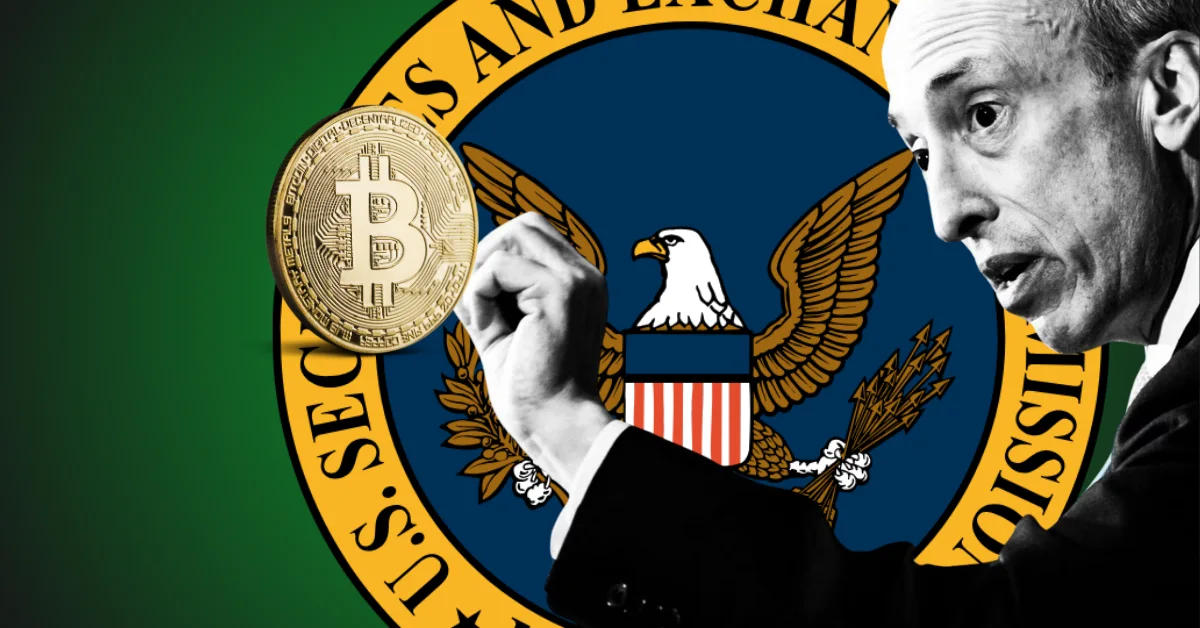
As the Securities and Exchange Commission (SEC) prepares for a leadership change with Paul Atkins set to replace Gary Gensler, the agency is under increased scrutiny following JW Verret’s recent warning. Verret cautions that the SEC could face significant consequences if it does not reconsider its ongoing legal battle against Ripple Labs. This conflict is emblematic of the larger clash between the SEC’s regulatory ambitions and the evolving landscape of the cryptocurrency market.
Judicial Pushback: A New Challenge for the SEC
When the SEC initiated its legal campaign against the cryptocurrency sector, it likely did not anticipate encountering resistance from the federal judiciary itself. Federal judges are now questioning the SEC’s expansive interpretation of long-standing securities laws, which could eventually necessitate intervention by the Supreme Court. This judicial pushback signals a critical juncture in defining the legal boundaries of cryptocurrency regulation.
The Origin of the Ripple Dispute
The controversy began with the SEC’s 2020 lawsuit against Ripple Labs, accusing the company of selling XRP tokens as unregistered securities. This case took a pivotal turn when Judge Analisa Torres ruled that sales of XRP on public exchanges did not constitute securities transactions. The SEC has since appealed this decision, indicating its commitment to pursuing the case further.
Judge Jed Rakoff’s Interpretation Could Have Serious Consequences
In a separate case involving Terraform Labs, Judge Jed Rakoff adopted a broader interpretation, suggesting that cryptocurrency tokens might be deemed securities regardless of how they are traded. This divergent judicial perspective has introduced a layer of legal uncertainty, which could prompt the Supreme Court to clarify the issue. Rakoff’s interpretation, particularly concerning the Howey test, could significantly impact the crypto industry by potentially classifying even Luna token trades by unrelated parties as securities.
Lack of Boundaries Raises Concerns
Following Judge Rakoff’s rationale, there is growing apprehension that even Bitcoin could be classified as a security due to its network maintenance by developers. Such a classification could lead to an unprecedented expansion of SEC authority, extending its reach to diverse assets ranging from precious metals to airline rewards programs. This ambiguity in regulatory boundaries is a cause for concern among legal experts and market stakeholders.
SEC’s Approach Could Backfire
The SEC’s decision to appeal the Ripple case could open a Pandora’s box of legal challenges, potentially leading to Supreme Court intervention. This situation presents an opportunity to curtail the SEC’s authority, preventing it from making unilateral decisions without explicit Congressional endorsement. Coinbase, another major player in the crypto sphere, is also locked in a legal struggle with the SEC. The court’s inquiry into the SEC’s reluctance to establish clear trading regulations for cryptocurrencies could similarly invite Supreme Court scrutiny.
By applying the Howey test too broadly against reputable crypto entities like Ripple, Coinbase, Kraken, and Uniswap without providing clear guidelines, the SEC risks undermining this crucial legal standard through possible Supreme Court limitations. The SEC’s aggressive stance on cryptocurrency regulation might ultimately backfire, weakening its regulatory influence. Should the Ripple appeal continue without adequate rule-setting, the SEC may inadvertently prompt the Supreme Court to curtail its powers, thereby jeopardizing its regulatory objectives, particularly in the wake of the 2024 elections.
Conclusion: Navigating the Future of Cryptocurrency Regulation
The SEC’s ongoing legal battles underscore the complex and rapidly evolving nature of cryptocurrency regulation. As the agency grapples with resistance from the judiciary and industry stakeholders, the outcome of these cases could redefine the regulatory landscape for digital assets. A balanced approach that incorporates clear guidelines and respects judicial interpretations may be essential for the SEC to maintain its authority while fostering innovation and growth within the cryptocurrency sector.






